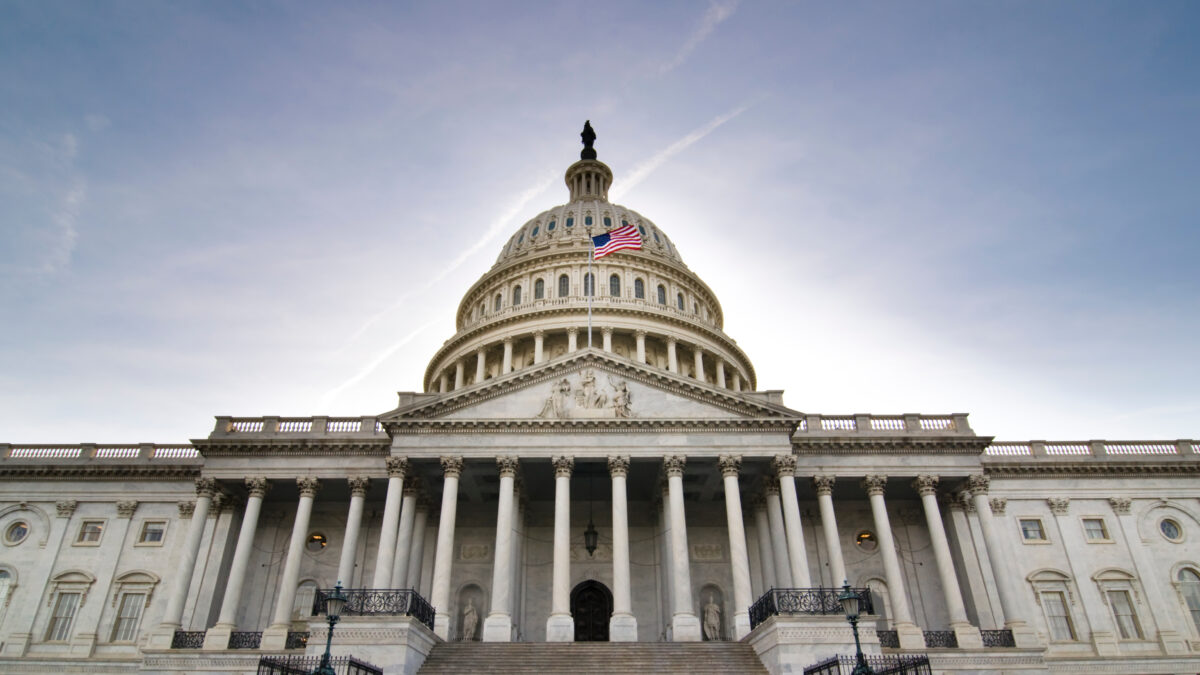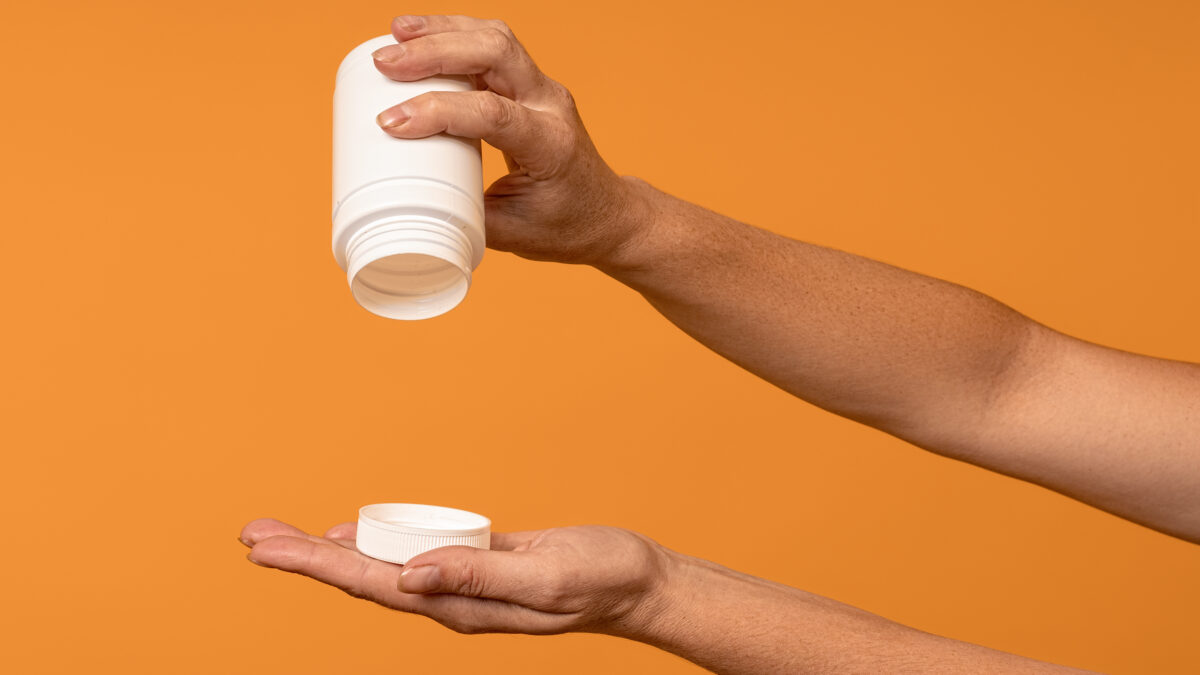One year ago, the United States transitioned from a 10-digit National Suicide Prevention Lifeline to an easy-to-remember number: 988. By calling 988, or using text or chat features, people in distress can more easily reach trained crisis counselors for assistance with a range of mental health matters, including suicidal thoughts and substance use issues.
988 facilitates connection to mental health assistance.
Like the general emergency number 911, the 988 number allows people to connect to vital services from anywhere, without having to recall or dial a local number. If a loved one might need crisis intervention, a worried parent or partner can also call 988 for professional support.
Since 988 was implemented, 45% more calls have been answered, as well as 52% more texts and 983% more chat messages. In May 2023, the US Agency for Substance Abuse and Mental Health Services, or SAMHS, routed 469,023 contacts alone.
The 988 system can be further improved, however.
State and local governments are tasked with funding local call centers where contacts can be routed, but not all states have adequate capacity to manage demand. Just five have approved long-term funding for local centers or trained professionals to field calls. And not all local centers support texting, which is increasingly in demand as a way to seek help.
Around 10% of all calls presently get transferred to out-of-state overflow facilities. Though non-local responders may still be very helpful to a caller, they might lack knowledge of local resources by which to provide treatment referrals or on-the-ground assistance.
Improving the 988 system requires better insights.
988 has a way to go in becoming the kind of household knowledge 911 has become. Surveys by Pew Research indicate only 13% of adults have heard of the 988 lifeline, meaning it’s an underutilized resource for those seeking mental health assistance.
Lifeline data, furthermore, capture only a fraction of all contacts, and local centers are not required to participate. This patchiness limits the data needed to improve services provided by 988 and depicts the state of mental health nationwide.
On its anniversary, 988 has shown tremendous efficacy in helping people in crisis connect with vital mental health services. Further strengthening this program could greatly aid the nation’s efforts to address mental health and drug use troubles. In December 2022, Congress took a positive step forward by including its intention to reinforce and evaluate 988 implementation in the Consolidated Appropriations Act.




